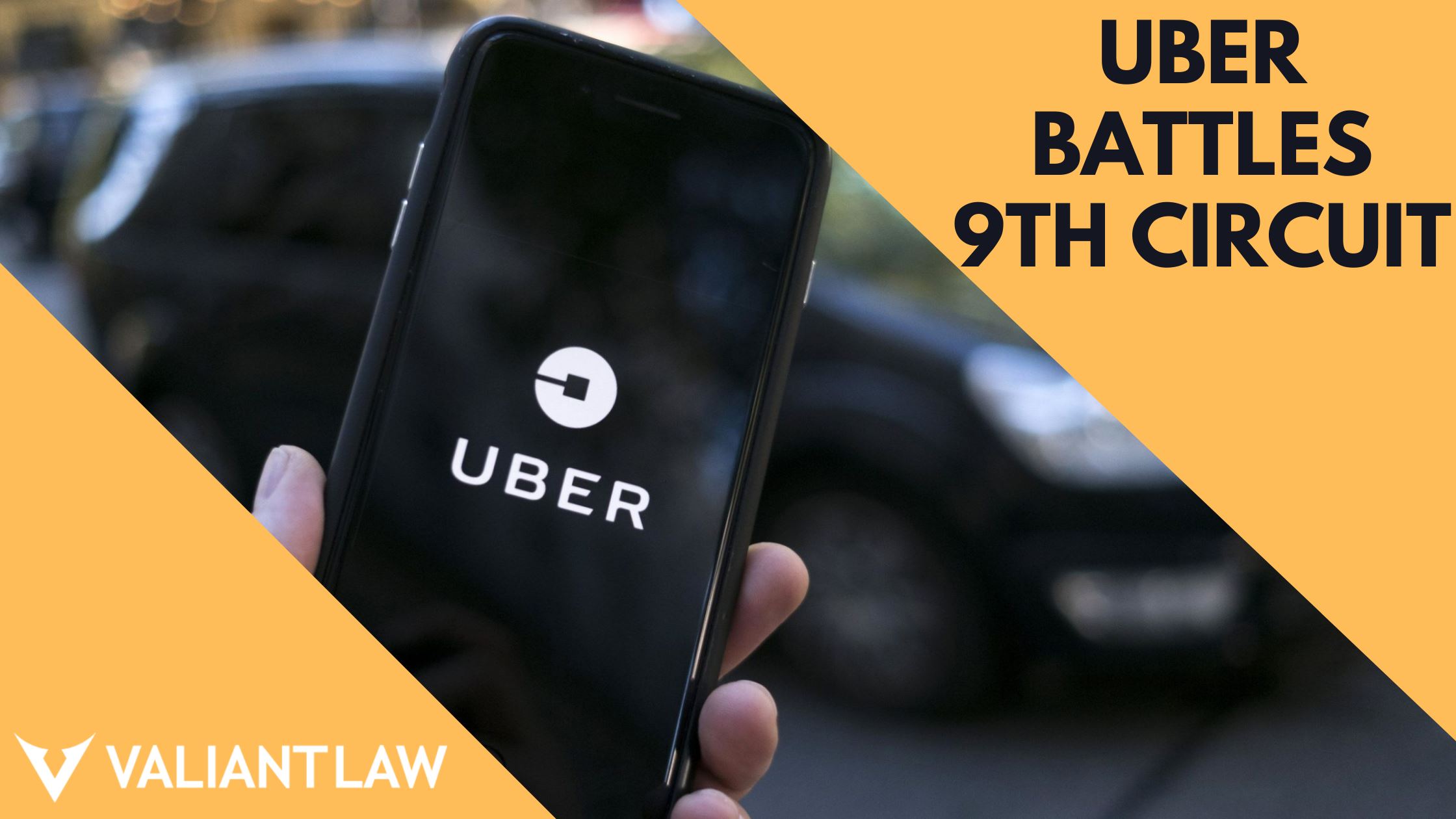Uber, Postmates and two drivers for the companies have urged the Ninth Circuit to reverse a lower court decision finding a California worker classification law is constitutional, saying the law unfairly forces app-based transportation to be classified as employees.
Uber Technologies Inc., Postmates Inc. and the drivers told the appellate court Wednesday that it should reverse a California district court’s July decision dismissing their suit against the state’s attorney general, as well as the lower court’s February 2020 decision denying their bid for an injunction against A.B.5.
Despite California passing a new proposition in 2020, the state violates app-based drivers’ constitutional rights by forcing them to be considered employees under A.B.5 while forcing companies to rebuild their business models, according to the companies and Uber driver Lydia Olson and Postmates courier Miguel Perez.
“The true explanation for A.B. 5’s patchwork of exemptions is that its sponsors singled out certain network companies for disfavored treatment based on irrational animus and political favoritism,” the companies and workers said.
In February 2020, the district court didn't grant the preliminary injunction bid, saying that controlling misclassification outweighs any harm companies could face. Later in July 2021, the district court said that A.B. 5 represents a legitimate state interest and the companies and the drivers failed to show how the law targets them.
Independent contractors aren't entitled to several legal protections and benefits, including minimum wage, overtime pay and paid sick time.
In November 2020, California voters passed Proposition 22, giving app-based drivers benefits and protections not available under current law, including minimum wage, accident insurance and health care, the workers and the companies said.
"Despite the people's expressed intent that app-based drivers be independent contractors, defendant and other state officials are continuing to enforce the now superseded A.B. 5," the workers and the companies said.
The workers and the companies said A.B. 5 would make them lose the flexibility and autonomy of independent contractors. The law also goes against their contracts that allow them not to be classified as employees, they said.
They also said technology companies will be forced to rebuild their businesses "from the ground up" in order to ensure they have sufficient management and human resources "capable of managing thousands of drivers and delivery persons."
Additionally, the drivers and the companies said that political lobbying further discriminated against them when it allowed certain workers to be exempt from A.B. 5 under the Borello standard, "the same standard A.B. 5's sponsors claim is insufficient to protect workers."
Borello was established by the state high court's 1989 ruling in S.G. Borello & Sons Inc. v. Department of Industrial Relations. It weighs 11 factors and focuses on an employer's control over workers.
The dispute stems from a lawsuit Uber, Postmates and the drivers filed in January 2020 seeking a preliminary injunction to halt enforcement of A.B. 5, but the court denied the request.
In March 2020, the companies and drivers filed to appeal to the Ninth Circuit. After California voters approved Prop 22 that November, the companies and drivers argued in a brief that the appeal should still move forward.
In September the judge agreed to dismiss an amended complaint in the lower court and the companies and drivers soon filed the second amended complaint that the judge dismissed Friday.


